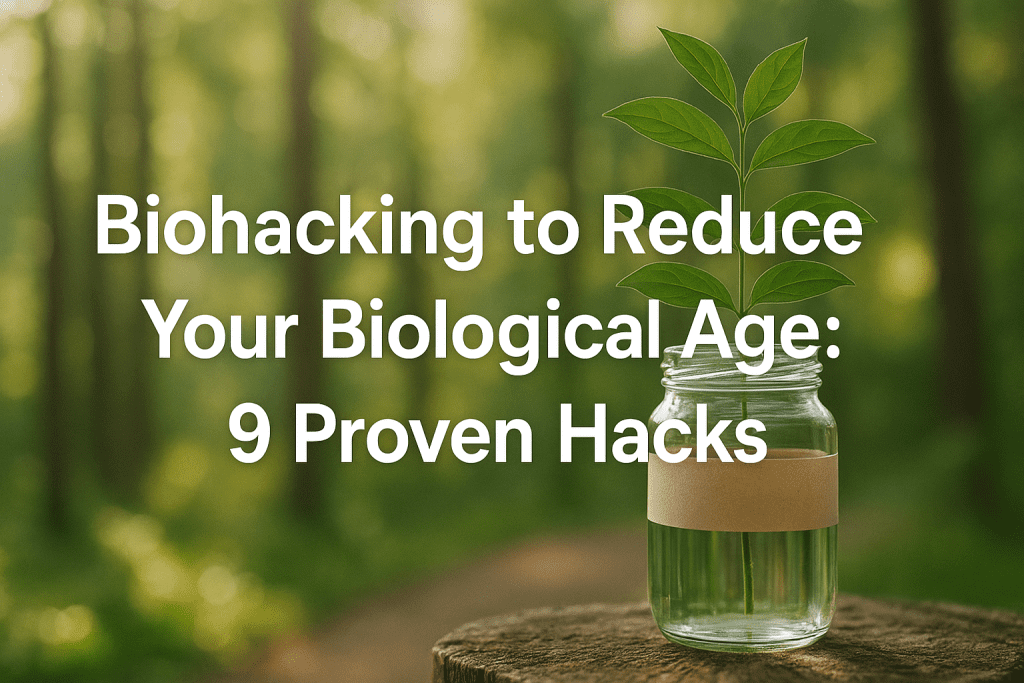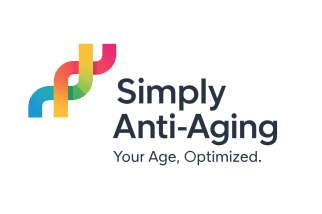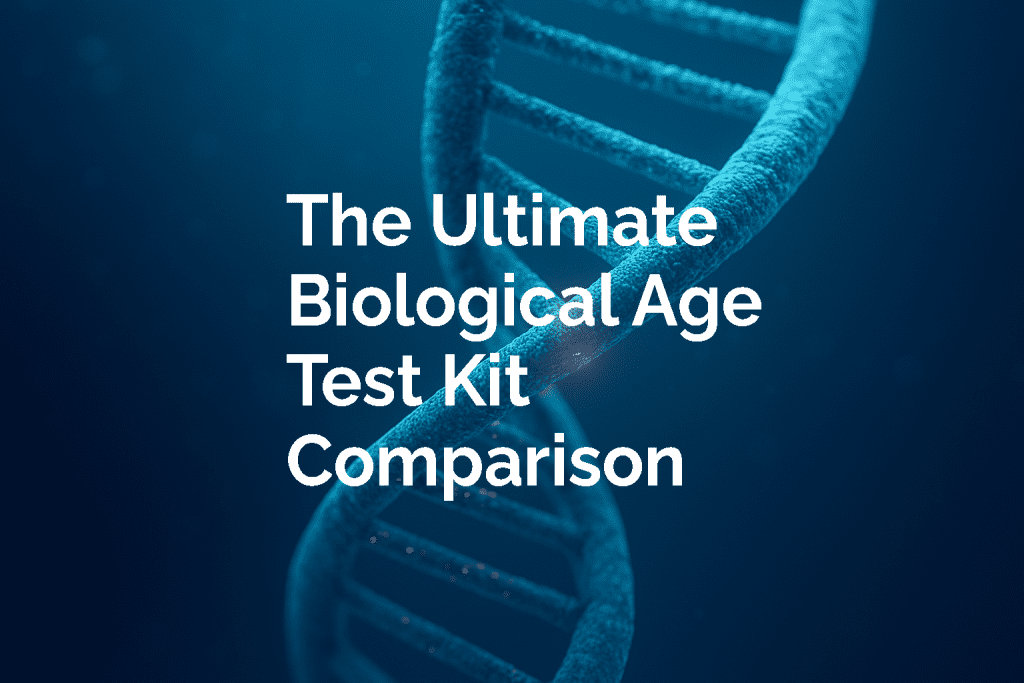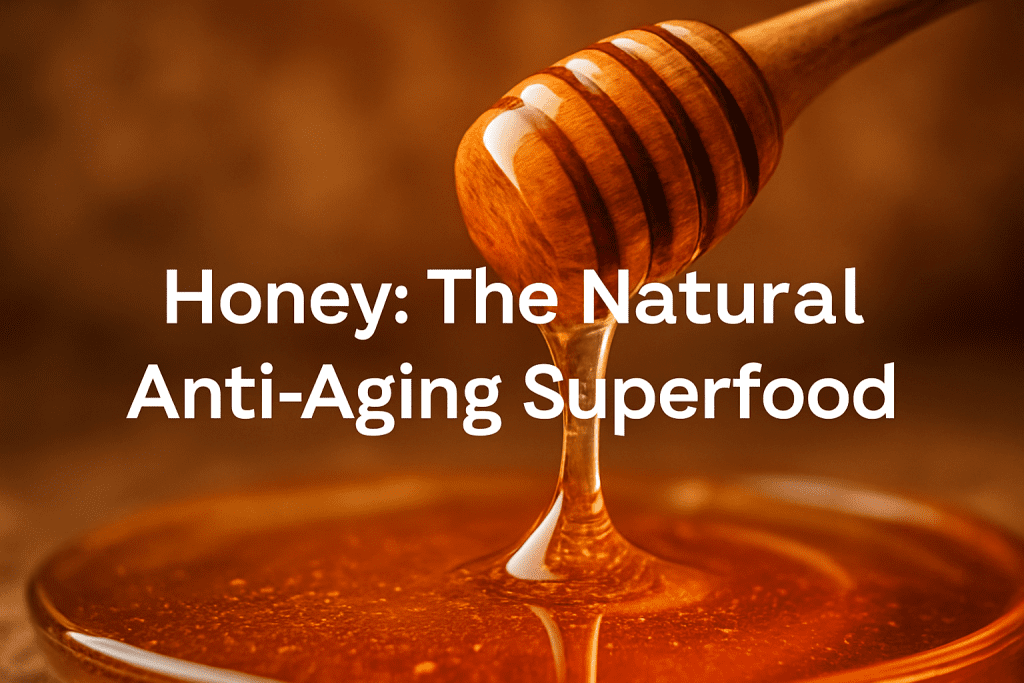
Aging happens to everyone , that part’s out of our hands. But how we feel as we age? That’s something we can influence. Most of us aren’t just aiming for more years , we want better ones. Clearer minds, stronger bodies, and the energy to keep up with life.
That’s where biohacking to reduce biological age comes in. And no, it’s not about tech implants or crazy routines. It’s about smart, science-backed habits that help your body stay younger, longer. The kind of stuff you can start doing today.
These 9 biohacks are backed by science and easy to apply.
1. Track Your Biological Age
🧬 If you want to reduce your biological age, you first need to know it.
At-home biological age tests like TruAge, GlycanAge, or Elysium Index use DNA methylation or immune markers to estimate how fast your body’s aging. Some even break it down by organ system or inflammation.
Tracking gives you a baseline, and shows what’s working when you change habits.
Best for: biohackers, health nerds, or anyone serious about longevity
(Learn more: biological age test comparison)
2. Get Quality Sleep (Every Night)
😴 Lack of sleep doesn’t just make you tired, it literally speeds up aging.
Poor sleep messes with your hormones, increases inflammation, and affects how your genes function. Aim for 7–9 hours in a dark, cool room. No screens before bed. Magnesium or glycine supplements can help.
💡 NIH-backed research shows sleep debt is linked to shorter telomeres and higher biological age.
3. Try Intermittent Fasting
⏳ No, it’s not a trend, it’s cellular repair in action.
Intermittent fasting gives your body time to reset, reduce insulin resistance, and improve autophagy (how your cells clean up damage). Start simple: eat within a 12-hour window, like 8 a.m. to 8 p.m. Then adjust.
🧬 A 2021 Harvard study linked fasting to improved DNA repair and longevity markers.
4. Reduce Ultra-Processed Food Intake
🥤 Your cells hate junk food.
Too much sugar, seed oils, and additives trigger inflammation, accelerate glycan aging, and mess with methylation. Swap ultra-processed snacks for real food: eggs, berries, greens, beans, olive oil, salmon.
🍔 What ages you faster: the additives, not just the calories. Read the study.
5. Build Muscle & Move Your Body
💪 Strength training helps more than your looks, it lowers biological age.
Studies show resistance training can reverse epigenetic aging markers. Muscle mass also protects against insulin resistance, frailty, and cognitive decline. Aim for 2–3 sessions/week.
Bonus: walking 7k+ steps a day helps too.
6. Manage Chronic Stress
🧘 Stress hormones like cortisol accelerate aging at the DNA level.
Daily stress adds up, especially if it’s unprocessed. Mindfulness, journaling, cold exposure, and time in nature are proven to reduce inflammation and support healthier gene expression.
Try this: 2–3 minutes of slow breathing can calm your nervous system instantly.
7. Use Saunas (or Hot Baths)
🔥 Sauna use mimics the benefits of cardio, and it’s great for longevity.
Multiple studies link frequent sauna use to lower cardiovascular risk, slower biological aging, and improved cellular resilience. If you can’t access one, a 30-minute hot bath works too.
🛁 Frequency matters: 2–4 sessions/week seems optimal.
8. Get Omega-3s Daily
🐟 Omega-3 fatty acids (especially EPA & DHA) are powerful anti-aging tools.
A 2025 clinical trial showed that older adults who took omega-3 daily reduced biological aging markers significantly, especially in methylation-based tests like TruAge and NOVOS Age.
Food first: fatty fish like salmon, mackerel, or sardines. Otherwise, high-quality supplements work too.
9. Measure Inflammation & Gut Health
🩸 Your gut and immune system play a big role in how fast you age.
Tests like GlycanAge focus on immune aging via glycan changes, sugar molecules that reflect how inflamed or calm your system is. High inflammation = higher biological age.
Reducing alcohol, sugar, and ultra-processed foods while adding fermented veggies and fiber can change your immune profile within weeks.
No Need to Do Everything Overnight
Start small. Maybe try fasting for 12 hours. Or go for a 20-minute walk daily. Then work your way up.
The point of biohacking isn’t perfection, it’s progress. Your biological age is flexible, not fixed. Real change comes from consistency, not hacks.
🧪 Want to see results? Get a test now, track again in 3–6 months, and adjust your habits. Tools like TruAge, MyToolbox Genomics, or NOVOS Age can help guide your journey.
What is biohacking to reduce biological age?
It’s the use of science-backed habits to help your body age more slowly. This includes things like sleep, fasting, exercise, and inflammation control. The goal is to improve how your body works, not just how long it lasts.
Can biological age really be reversed?
Yes, studies show it’s possible to lower your biological age through lifestyle changes. Things like better sleep, less stress, strength training, and eating fewer processed foods have all been shown to help.
How can I test my biological age?
You can order an at-home test that checks your DNA methylation or immune markers. Some of the most trusted options are TruAge, NOVOS, GlycanAge, and myDNAge. Most tests use blood or saliva.
How often should I measure biological age?
Every 3 to 6 months is a good window. This gives your body enough time to respond to new habits, and lets you track what’s actually working.
Which biohacks work best to slow aging?
Sleep, strength training, omega-3s, intermittent fasting, and stress reduction are consistently shown to support healthier aging. They’re simple but powerful when done regularly.
Is intermittent fasting good for biological age?
Yes. Fasting helps reduce inflammation, improve insulin sensitivity, and trigger cellular repair, all things linked to slower aging.
Does stress really make you age faster?
Absolutely. Chronic stress raises inflammation and messes with your body’s repair systems. Even basic stress tools like walking, deep breathing, or cold showers can help.
Do I need fancy tech or supplements to biohack aging?
No. Most effective biohacks are simple and low-cost. Good sleep, movement, and nutrition go a long way. Supplements and tools can help, but they’re not essential.



